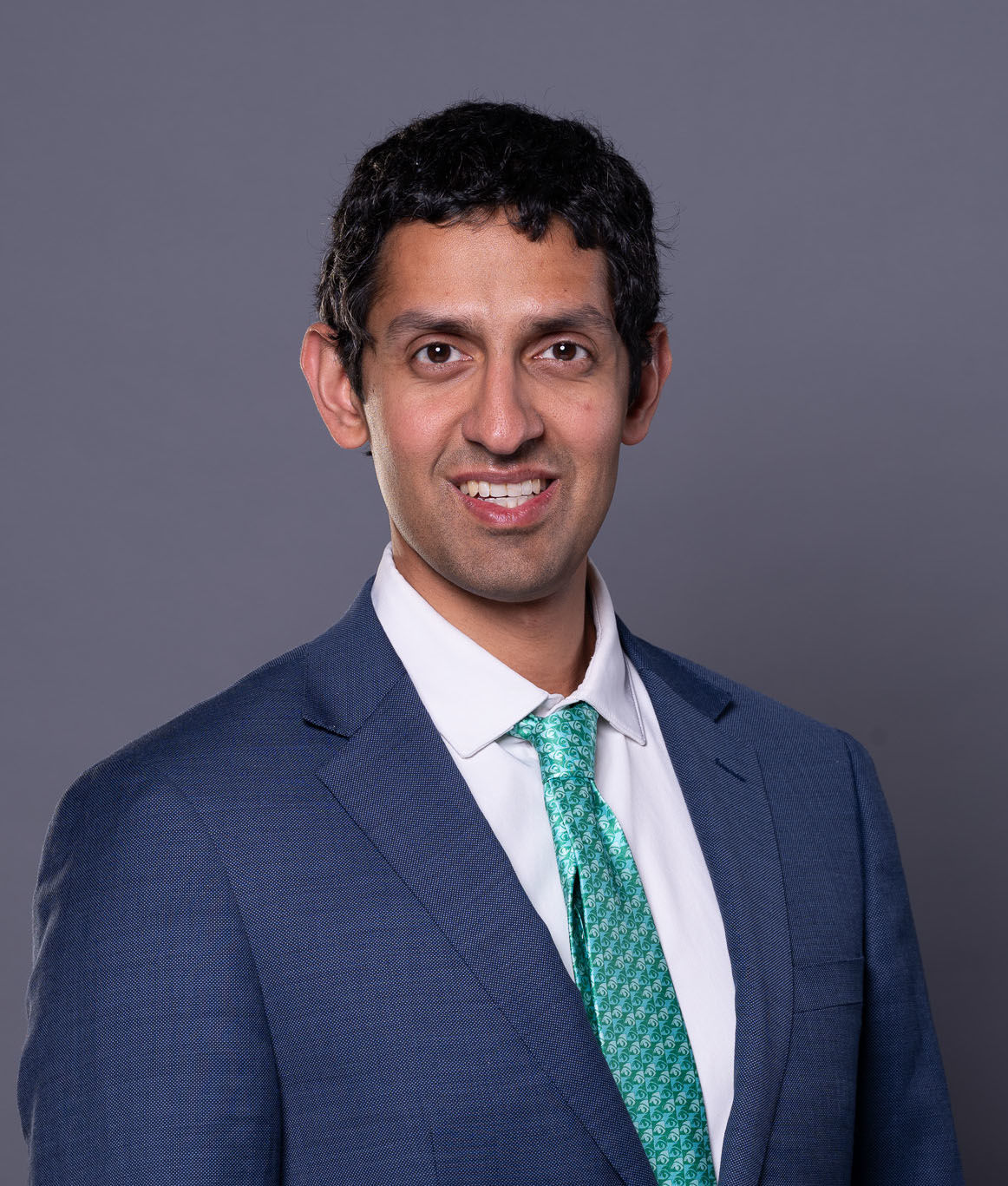
Dr. Jayanth Sridhar is a native of Miami, Florida in the United States. A graduate of the University of Miami undergraduate and medical school as part of the Honors Program in Medicine, he completed his internship in internal medicine at Mount Sinai Medical Center, earning “Intern of the Year” Honors. He then completed ophthalmology residency training at the top-ranked Bascom Palmer Eye Institute in Miami, FL, followed by vitreoretinal surgical fellowship at Wills Eye Hospital, where he was named “Fellow of the Year”. Dr. Sridhar served as full-time faculty for 7 years at Bascom Palmer, where he was named "Professor of the Year" by the ophthalmology residents, prior to his move to fill the vacant chief position at Olive View-UCLA Medical Center in Sylmar, California. He is currently Chief of Ophthalmology at Olive View Medical Center and Associate Professor of Health Sciences at the University of California Los Angeles (UCLA). In his first year at UCLA Dr. Sridhar was named “Teacher of the Year” by the ophthalmology residents.
He has over 250 peer-reviewed publications and serves as co-editor of Current Opinion in Ophthalmology, in addition to his editorial board roles for both Retina Today and Retinal Physician. He has received the Senior Honor Award from the American Society of Retinal Specialists and the Secretariat Award from the American Academy of Ophthalmology. He is an inductee into the Retina and Macula Societies, and he currently serves on the Board of Trustees for the Vit-Buckle Society, where he is also the Vice-President of Education. Dr. Sridhar is also the creator and host of two leading podcasts in ophthalmology, the award-winning “Straight From the Cutter’s Mouth: A Retina Podcast”, and “Experts InSight”, the official podcast of the American Academy of Ophthalmology.
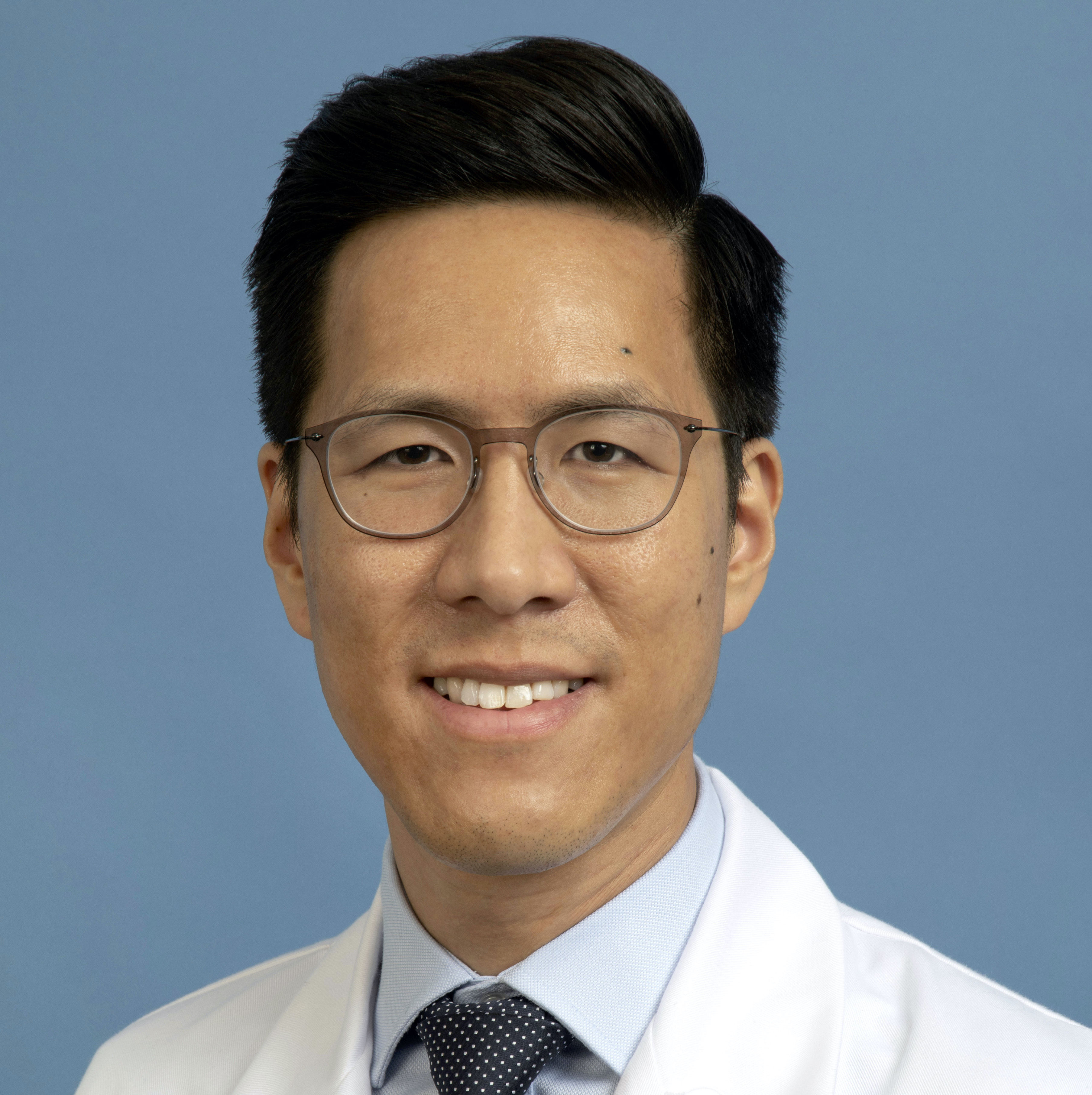
Dr. Simon Fung specializes in adult and pediatric cornea and anterior eye disorders. He is a well-traveled ophthalmologist: he attained his medical degree at Oxford, followed by residency and fellowship at Moorfields Eye Hospital in London. His second fellowship took him to SickKids Hospital in Toronto, before his appointment as assistant professor at the UCLA Stein Eye Institute. He recently moved to the Bay Area after taking up his faculty position as Associate Professor at UCSF and the Francis I. Proctor Foundation.
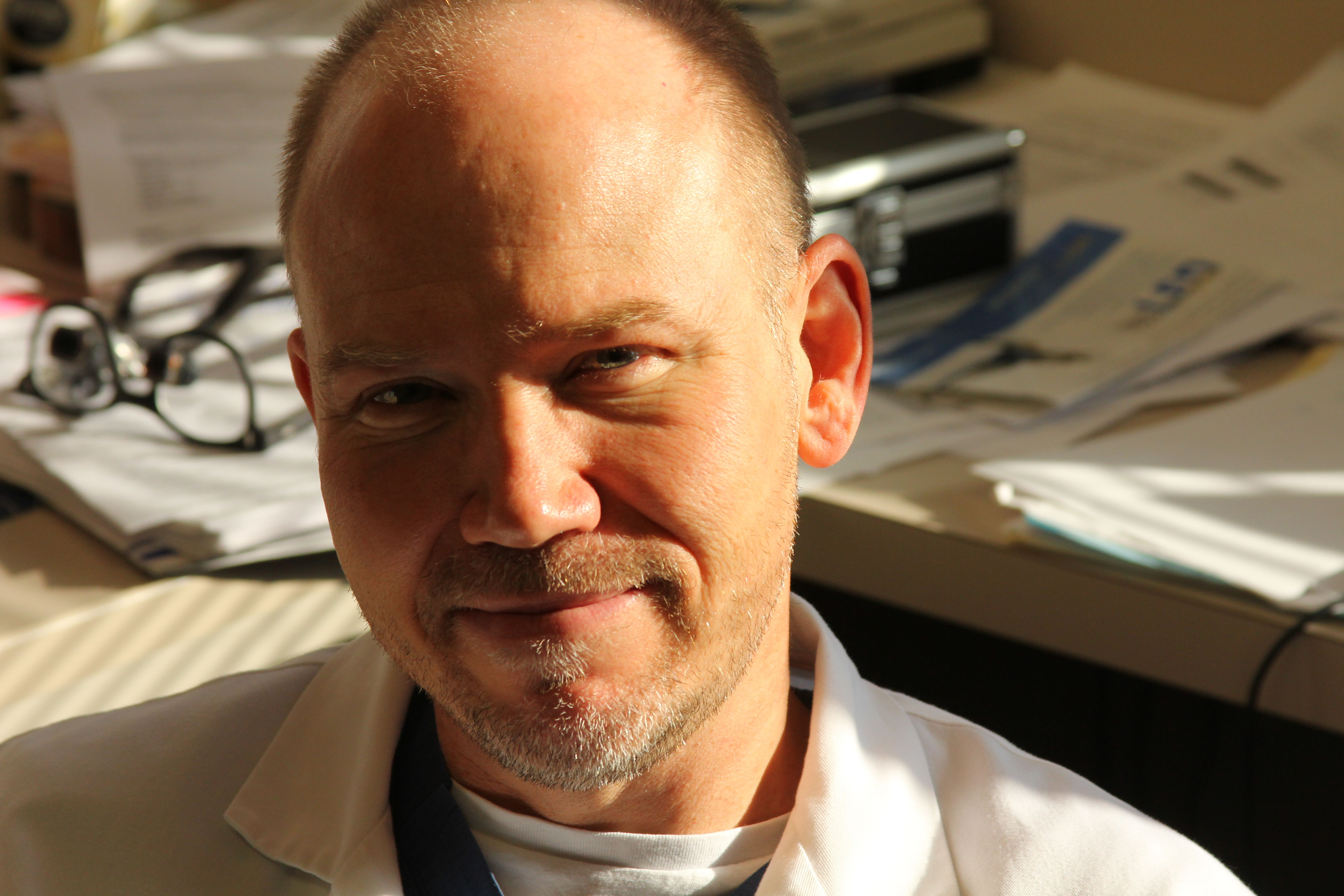
Dr. Allen is a Professor with tenure in the Dept. of Ophthalmology at Baylor College of Medicine and Chief of Ophthalmology at Ben Taub Hospital in Houston, TX. Dr. Allen attended Duke University and graduated magna cum laude and Phi Beta Kappa with a BS in chemistry where he received the Departmental Award in Chemistry. He was accepted into the Medical Scientist Training Program at Baylor College of Medicine where he received his MD and PhD Degrees. His dissertation “Molecular Genetics of X-linked Immunodeficiencies Affecting B Lymphocyte Function” was awarded the Sigma Xi Thesis Excellence Award.
Dr. Allen completed a residency in ophthalmology at the University of Iowa Hospitals and Clinics. Under the mentorship of Edwin M. Stone, MD, PhD, and Thomas A. Oetting, MD, MS, he completed a fellowship in molecular ophthalmology and comprehensive ophthalmology at the University of Iowa. He then spent 4 years as a comprehensive ophthalmologist before returning to Iowa to complete fellowship training in oculoplastic surgery under the direction of Jeffrey A. Nerad MD and Keith D. Carter MD. Dr. Allen has practiced in a number of academic and private practice environments in New Mexico, Iowa, Stockholm (Sweden), and Texas.
Dr. Allen has been active in multiple ophthalmological organizations. For the AAO (American Academy of Ophthalmology), he was member (2010 to 2022) and Chair (2018-2022) of the Liaisons Committee, Councilor (2018 to present) for IJCAHPO (International Joint Commission on Allied Health Personnel in Ophthalmology), member of the oculoplastics subcommittee for the POCP (Practicing Ophthalmologists Curriculum Panel), chair of the oculoplastics subcommittee for the ONE (Ophthalmic News and Education) Network, and current Deputy Editor-in-Chief for the ONE Network. He edited the AAO publication Basic Principles of Ophthalmic Surgery (5th Edition), coedited the AAO publication Basic Ophthalmology (10thEdition), was an oculoplastics section editor for the AAO publication Basic Techniques in Ophthalmic Surgery, and authored the Focal Points Surgical Management of Ptosis and Brow Ptosis. He organized the Oculoplastics Subspecialty day for the 2019 meeting in San Francisco. He has received the Achievement Award, Senior Achievement Award, and Secretariat Award (twice) from the AAO.
For ASOPRS (American Society of Ophthalmic Plastic and Reconstructive Surgery), he was the President (2023), was the Program Chair for the Spring meeting in 2017 and Fall meeting in 2018, member of the Executive Committee (2017-2018, 2021-2024) and Journal Committee (2011-2016), and member (2010-2013) and chair (2013) of the Thesis Committee. He is the previous Secretary for Public Affairs, current Secretary of Education, and President-elect for IJCAHPO, member of a number of IJCAHPO committees, and a frequent lecturer for the organization. For the International Council of Ophthalmology, he contributed to curriculum development for oculoplastic surgery. He is an examiner and question writer for the American Board of Ophthalmology (2008-present). He is a member of the Orbital Society, American College of Surgeons (ACS), and European Society of Ophthalmic Plastic and Reconstructive Surgery (ESOPRS).
Dr. Allen has authored over 135 peer-reviewed publications, is Editor-in-Chief for the journal Orbit, was section editor for Oculoplastics and Orbit for Current Opinion in Ophthalmology, and is a reviewer for over 30 journals. He is a current Doximity OpMed Fellow. He has been invited to lecture nationally and internationally. His on-line oculoplastic surgery video atlas (www.oculosurg.com) is recognized worldwide.
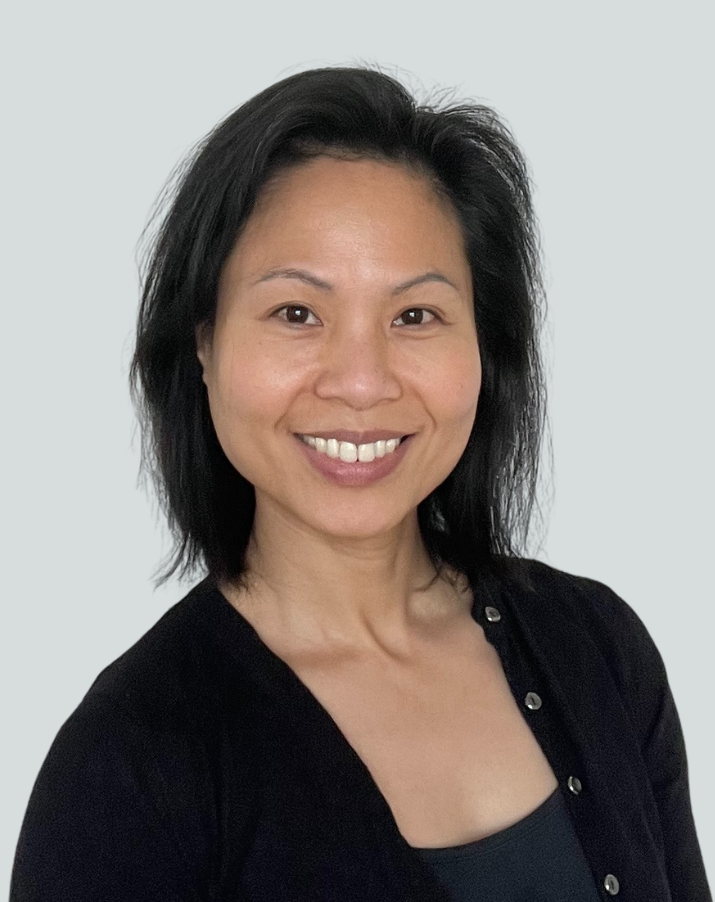
Dr Sui Hsien Wong is a Consultant Neurologist and Neuro-ophthalmologist at Moorfields Eye Hospital and Guy's & St Thomas' Hospitals, London. She completed her neurology training in the United Kingdom, enriched by sabbaticals in Australia and the United States, followed by subspecialty fellowship training in Neuro-ophthalmology at Moorfields Eye Hospital. She leads one of the largest dedicated Ocular Myasthenia services internationally, as well as specialist services for Idiopathic Intracranial Hypertension (IIH), pioneering innovative approaches to patient care including group consultations and lifestyle interventions. She has developed the first validated rating scale for Ocular Myasthenia Gravis, advancing the field's ability to assess treatment outcomes.
As the founding Vice-President of the UK Neuro-Ophthalmology Society (2019-2024) and patron of IIH UK patient charity, she has been instrumental in advancing patient care and professional collaboration in neuro-ophthalmology. A highly published researcher in the field, her current research includes leading a randomized controlled trial investigating mindfulness-based interventions for Visual Snow Syndrome, bridging the gap between conventional treatment and evidence-based lifestyle medicine.
Dr Wong is at the forefront of integrating lifestyle medicine into neuro-ophthalmology practice. Her innovative approach combines traditional clinical expertise with evidence-based lifestyle interventions, particularly in the management of IIH and other neuro-ophthalmic conditions. She manages a diverse range of cases from urgent to tertiary care referrals, bringing a comprehensive approach to patient care that spans both NHS and private practice.
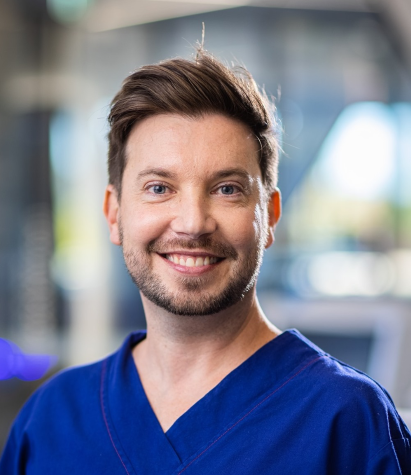
Ophthalmologist, Cataract and Refractive Surgeon
Adelaide Eye and Laser Centre, Adelaide, Australia
The Queen Elizabeth Hospital, Adelaide, Australia
University of Adelaide, Adelaide, Australia
Dr Ben LaHood is an ophthalmologist specialising in laser refractive, and cataract surgery. Ben is a globally recognised researcher, teacher and opinion leader on his key publication topics of astigmatism management, biometry and intraocular lens calculation. Dr LaHood is frequently invited to speak and present internationally. Ben is also a popular host on multiple ophthalmic podcasts and was recognised in The Ophthalmologist Power List of the top 100 most influential people in the eye world for 2023 and 2024.
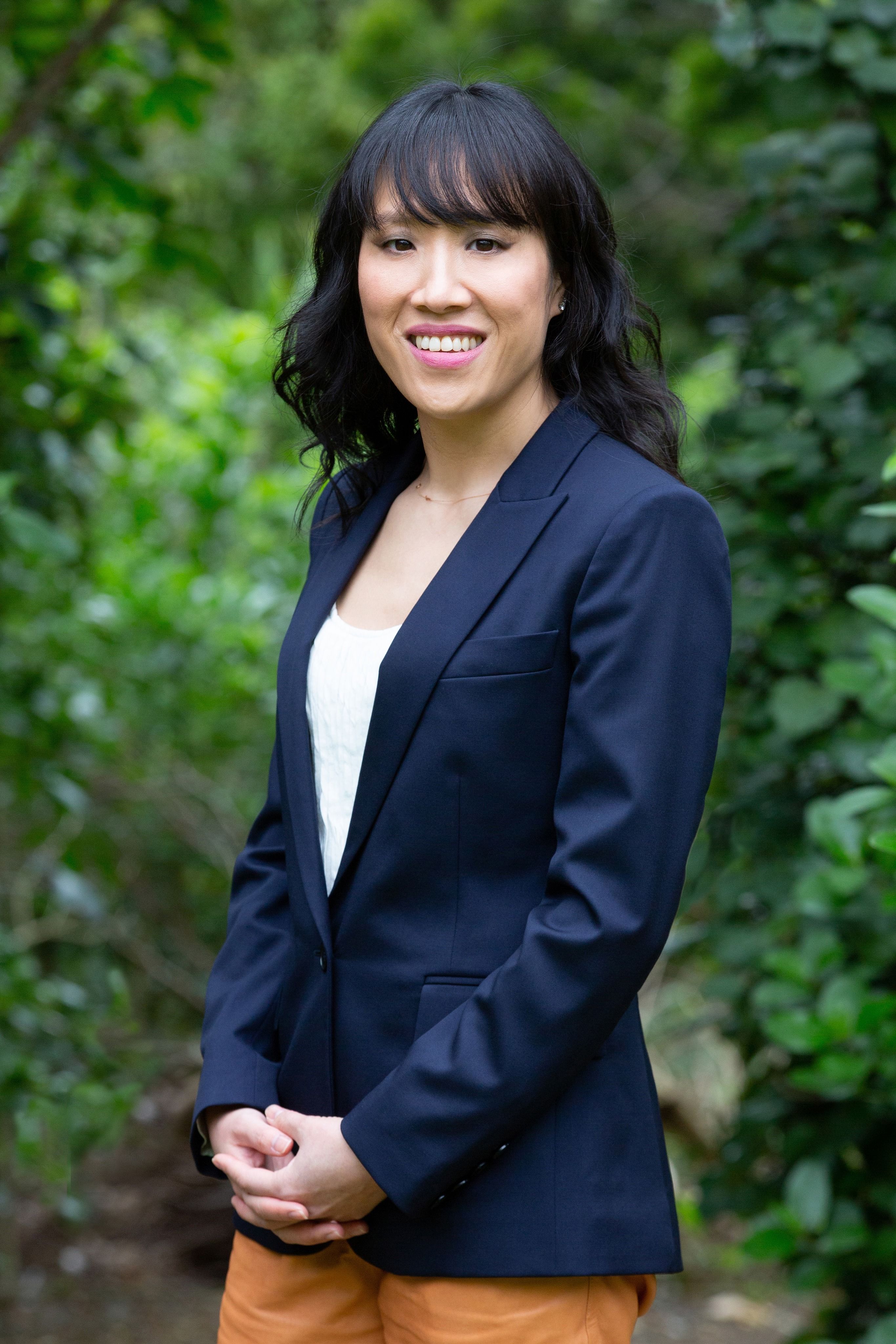
Dr Jennifer Fan Gaskin (MBChB, MD, FRANZCO) is a Glaucoma Specialist at the Royal Victorian Eye and Ear Hospital, and Principal Investigator of the Ocular Fibrosis Research Unit at the Centre for Eye Research Australia (an institution ranked fourth globally in ophthalmology research).
After graduating medical school with Distinction at the University of Auckland, she pursued an anterior segment research fellowship and completed a Doctorate of Medicine (MD) thesis under the supervision of Professor Charles McGhee. Following her Ophthalmology training in New Zealand, she undertook two clinical glaucoma fellowships in Auckland and Melbourne, respectively. She was actively recruited to join the Glaucoma Unit at the Royal Victorian Eye and Ear Hospital as a Consultant Ophthalmologist. She was also offered a sought-after position at the CERA as a clinical researcher.
Her research focuses on novel treatment strategies for fibrotic eye diseases including post-operative fibrosis in glaucoma filtration surgery, proliferative vitreoretinopathy, and macular fibrosis in age-related macular degeneration. Jennifer serves on many executive and scientific boards, including the Australian and New Zealand Glaucoma Society, Glaucoma Australia, the RANZCO Scientific Programme Executive Committee, and Australian Vision Research, for which she is the Secretarial Director. She is also a Glaucoma
Section Editor for Clinical and Experimental Ophthalmology (currently ranked 8th in Journal Impact Factor out of 95 Ophthalmology Journals). In 2021 she was named one of Science and Technology Australia’s Superstars of STEM.
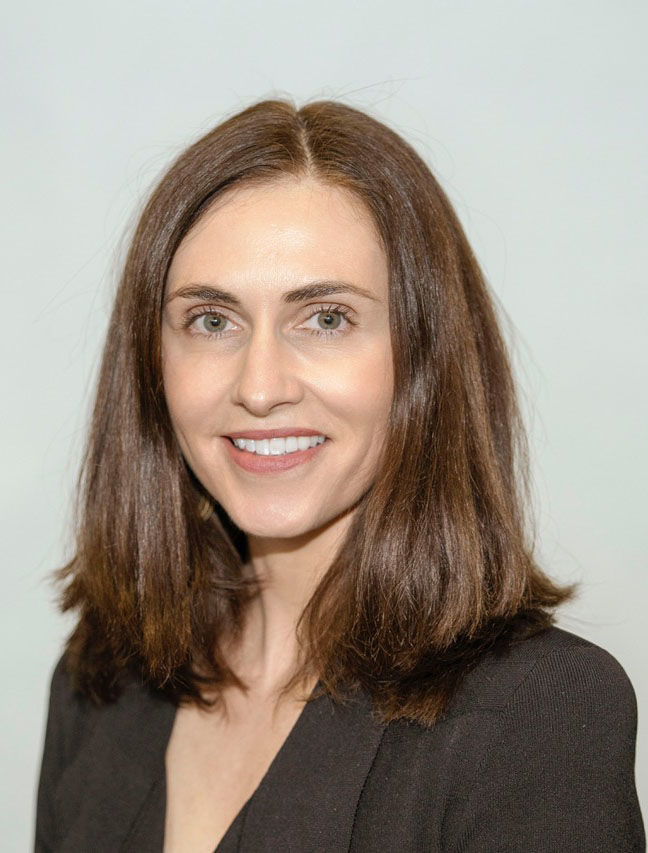
Dr Cohn is a Fellow of the Royal Australian and New Zealand College of Ophthalmologists. She is the Head of the Medical Retina Unit at the Royal Victorian Eye and Ear Hospital and a Senior Research Fellow at the Centre of Eye Research Australia/Cerulea. Her current areas of research include Age-related Macula Degeneration, retinal vascular disease, central serous retinopathy and inherited retinal diseases. She a member of the RANZCO executive scientific committee, is the ANZSRS’s treasurer and co-chair of RANZCO’s Vision 2030 diabetic retinopathy working group.
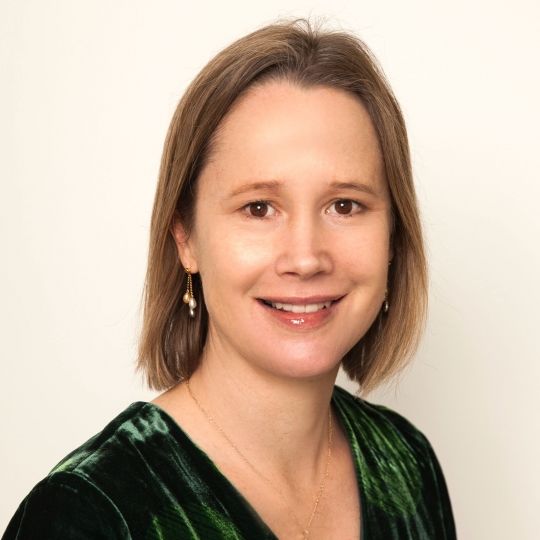
Dr Jo Sims is a Uveitis and Medical Retina specialist based in Auckland. Following her general ophthalmology training in New Zealand, she underwent two years of uveitis sub-specialty training in Singapore and Melbourne in 2006 and 2007.
Jo was the first ophthalmologist in New Zealand to have full sub-specialty training in uveitis and the management of ocular inflammatory disease. She set up the uveitis service for the Auckland region, which also provides tertiary care for complicated uveitis patients from other areas in New Zealand and now runs a fellowship programme. Jo is co-chair of the Uveitis Special Interest Group for Australia and New Zealand, the Australasian representative for the International Ocular Inflammation Society and is a Council Member of the Asia Pacific Society of Ocular Inflammation and Infection. She is actively involved in ophthalmology research and set up a uveitis database in 2008 which includes over 3000 patients and has provided the foundation for many academic projects and papers.
Jo holds consultant posts at Health New Zealand (Te Toka Tumai Auckland) and Eyes and Eyelids. She has provided a medical retina service to the Cook Islands on an annual basis since 2002.
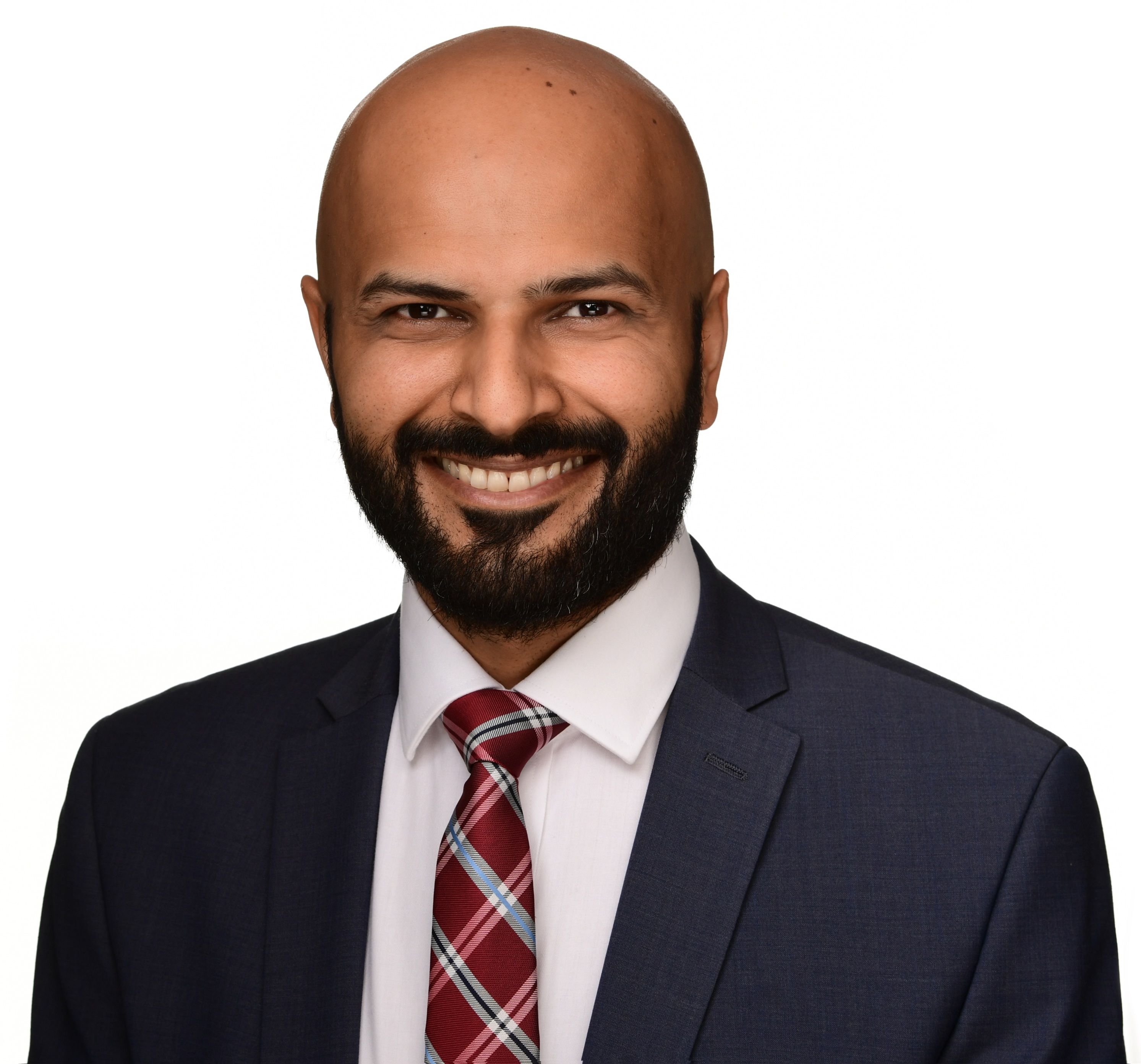
Dr Parth Shah is a Canberra-based ophthalmologist with a passion for cataract surgery, strabismus surgery and paediatric ophthalmology.
Parth is an Adjunct Associate Professor at the University of Canberra and Senior Clinical Lecturer at The University of Sydney. He is active in clinical research and teaching, and supervises registrars at several public hospitals including Canberra Hospital, Prince of Wales Hospital & Sydney Children’s Hospital Randwick.
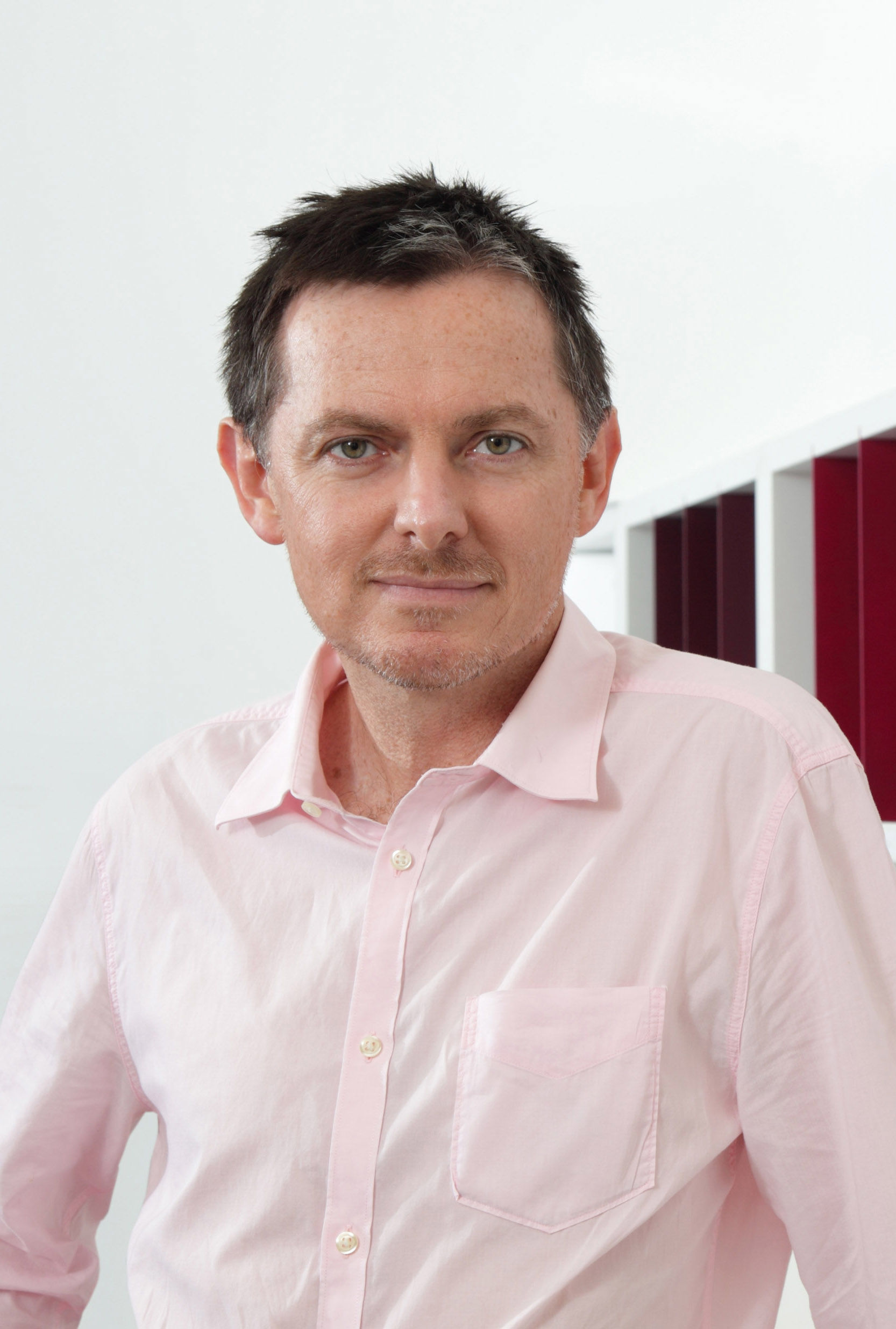
Ian Kerridge is Professor of Bioethics and Medicine at the University of Sydney and Staff Haematologist/Bone Marrow Transplant physician at Royal North Shore Hospital, Sydney. He is Chair of the South East Sydney LHD Clinical Ethics Committee, Steering Committee member of the Australian Ethical Health Alliance (AEHA), and a Director of Praxis Australia – an Australian NFP devoted to education in research and research ethics. Ian trained in philosophy at the Universities of Sydney, Newcastle and Cambridge, medicine at the University of Newcastle and bone marrow transplantation (BMT) at the Royal Free Hospital in London and. He is the author of 6 textbooks of ethics and over 600 papers on ethics, philosophy, haematology and BMT.
chairs
UVEITIS
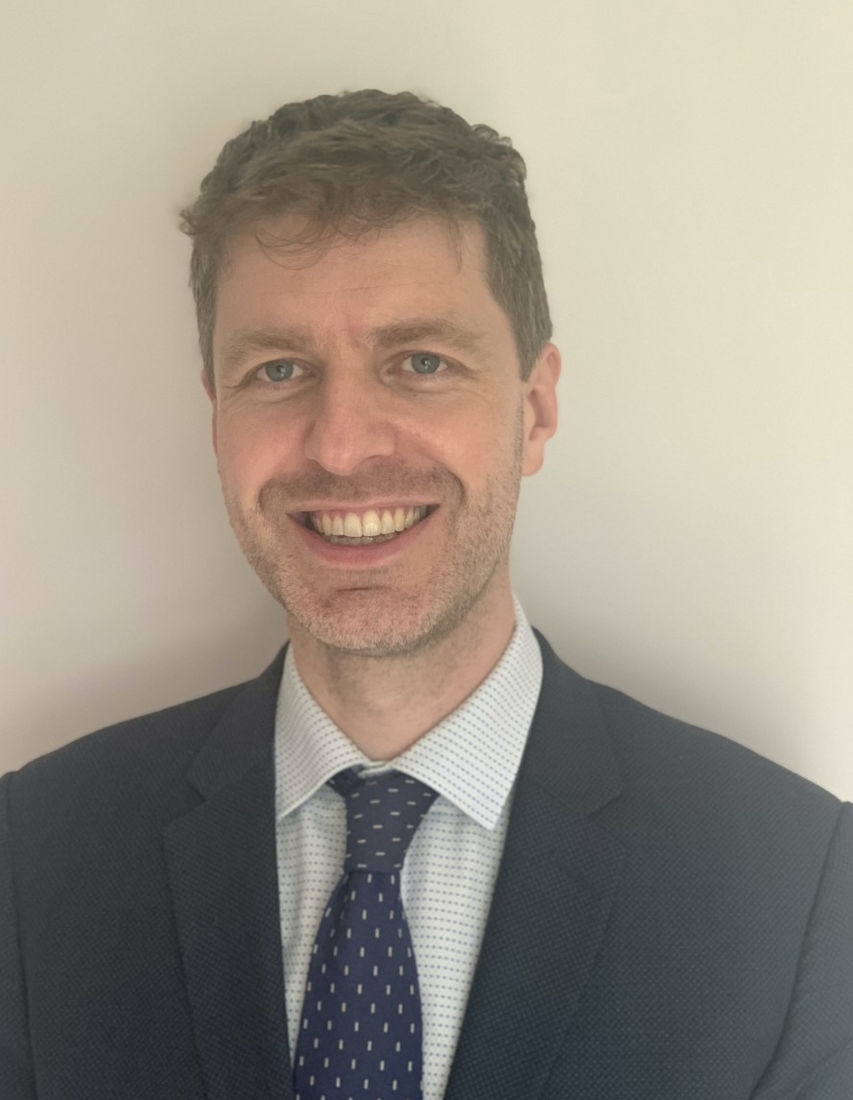
Dr Richard Symes is a consultant ophthalmologist at Sydney Eye Hospital and Senior Clinical Lecturer at the University of Sydney. He is a director at Gordon Eye Surgery. At Sydney Eye Hospital he subspecialises in uveitis, medical retina and glaucoma and he is followship trained in these three subspecialties. He has a particular interest in the surgical management of uveitis including cataract and glaucoma in patients with uveitis.
Richard has a strong interest in registrar teaching, both in the clinic and in the wetlab. He is a regular trainer on the microsurgical skills course. He has served as a sub-investigator for 15 clinical trials in over the last 10 years. He has a passion for aid work and has participated in outreach programs to Papua New Guinea and the Philippines.

Dr Clare Fraser specialises in neuro-ophthalmology, strabismus and visual electrodiagnostics. She is a consultant Visiting Medical Officer at both Sydney Eye Hospital and St Vincent’s Hospital, and is also in private practice in Sydney. At the University of Sydney, she holds the title of Associate Professor of Neuro-ophthalmology.
She completed ophthalmic training at Sydney Eye Hospital in 2006-2009 and went on to further Neuro-ophthalmic training at Moorfields Eye Hospital and the National Hospital for Neurology, London, England with Dr Gordon Plant for 18 months. In 2011 she completed a research fellowship at Emory Eye Centre, Atlanta, USA, with Drs Nancy Newman and Valerie Biousse.
Dr Fraser is a committee member for the The Neuro-Ophthalmology Society of Australia. She is also on the North American Neuro-Ophthalmology Society International Committee and the committee for the Neuro-Ophthalmology Virtual Education Library.
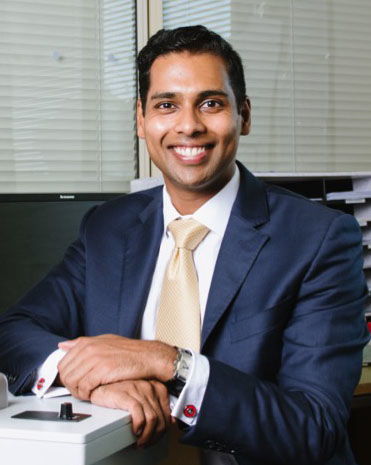
Chameen Samarawickrama is a clinical academic with public posts at both Westmead Hospital and Liverpool Hospital. He is a Senior Lecturer at the University of Sydney and the University of New South Wales.
He completed two corneal fellowships in cornea and external eye diseases, first at the Royal Victorian Eye and Ear Hospital, Melbourne, before moving to Moorfields Eye Hospital, London. He continued on at Moorfields as a consultant prior to returning back to Sydney.
Chameen has over 50 publications in the international literature and been awarded over $350,000 in grant funding. His current research interests are in microbial keratitis, and the development of a novel collagen based corneal glue for the treatment of acute corneal perforations.
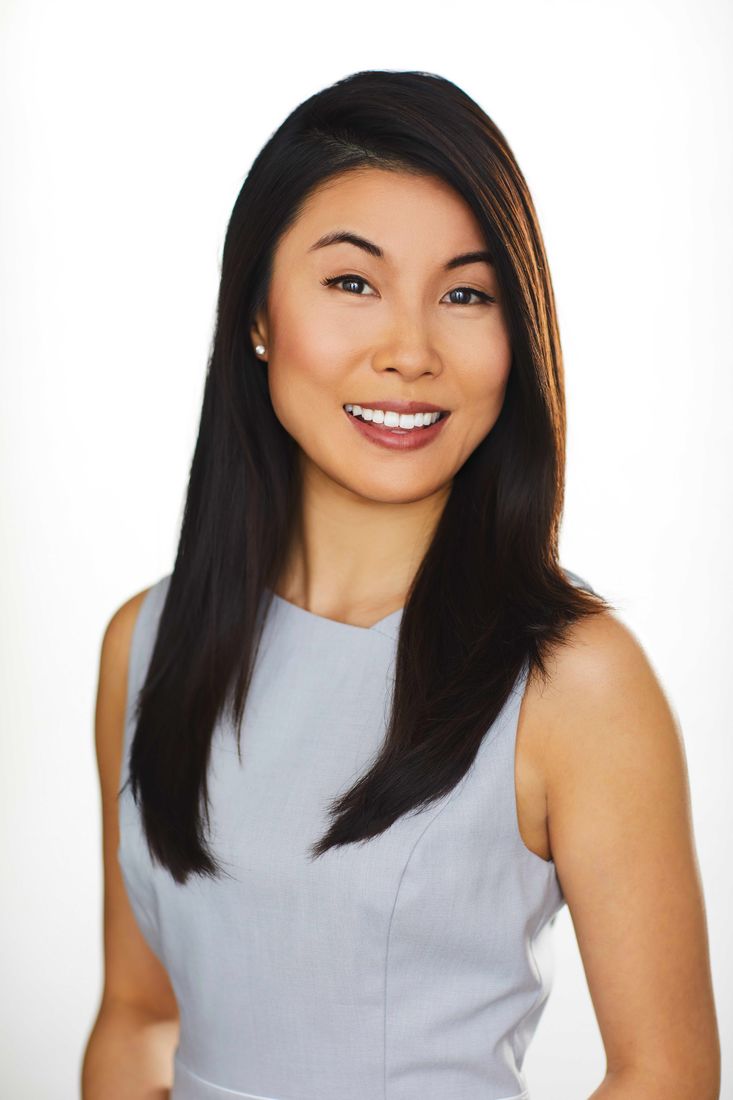
Dr. Trinh is a RANZCO qualified ophthalmologist in cornea, cataract and refractive surgery. She completed her Bachelor of Medicine and Bachelor of Surgery at the University of Queensland where she was awarded a scholarship in Medical Leadership and the Australian Medical Association of Queensland Harold Plant Prize for Best All Rounded Graduate.
Dr Trinh completed her ophthalmology specialist training under the Royal Australian and New Zealand College of Ophthalmologists in Queensland. She then embarked upon an advanced two-year fellowship in Cornea, External Diseases and Refractive Surgery at the University of Toronto, Canada where she developed extensive expertise in corneal transplantation, pterygium surgery, ocular surface regeneration, complex anterior segment surgery and refractive surgery including LASIK, PRK and corneal collagen crosslinking for the treatment of keratoconus.
Dr Trinh was awarded the position of Chief Fellow of the University of Toronto and subsequently received the prestigious Lim Memorial Prize for the subspecialty surgeon exemplifying best surgical and teaching skills.
Dr Trinh then undertook a research fellowship in laser cataract surgery, corneal transplantation, dry eye treatments and ocular surface disease.
Dr Trinh has now been invited to join the team at Sydney Eye Hospital, Australia as a Staff Specialist and is excited to be back home in Australia.
She has published over 40 scientific journal articles in national and international journals, written book chapters on advanced corneal transplantation techniques and ocular surface disease and is a regular presenter on the national and international conference circuits.
She teaches medical students, residents, registrars and fellows, is involved in the development of anterior segment curriculum teaching at the University of Toronto and contributes regularly to community optometry education. She is also a clinical associate lecturer for the University of QLD.
She currently sits on the RANZCO Executive Committee for Women in Ophthalmology and is the Secretary for the Global Research and Education Society of Ophthalmology (GERSO).
She is also the Head of the Refractive Surgery Terminology Committee for the Refractive Surgical Alliance.
In 2022 she became the first Australian graduate of the Physician CEO Program at Northwestern University School of Business, Chicago and in 2023 she was awarded as an inaugural fellow of the World College of Refractive Surgery and Vision Sciences.

Krishna Tumuluri is an Oculoplastic surgeon working at Westmead adult and Children’s hospitals and also works at Liverpool Hospital, Sydney. He completed his Ophthalmology training at Sydney Eye Hospital and did three years of fellowship training at Moorfields Eye Hospital, London and Manchester Royal Eye Hospital UK. He was an examiner and subject leader in anatomy for RANZCO and regularly teaches registrars in the field of Oculoplastic surgery. He is a clinical senior lecturer at University of Sydney and Macquarie University.
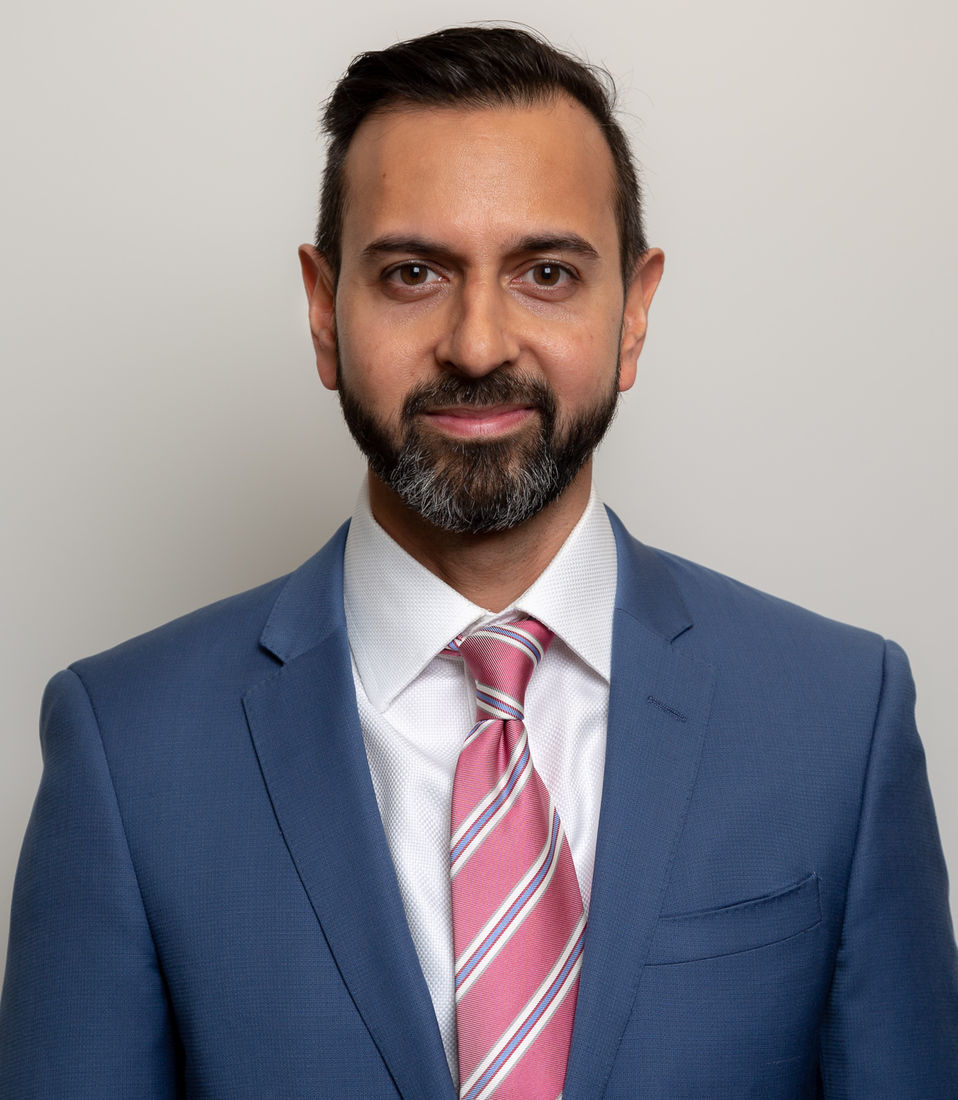
Dr Gaurav Bhardwaj is an adult and paediatric vitreoretinal surgeon and medical retina specialist. He is a consultant at Westmead Hospital, Liverpool Hospital and the Sydney Children’s Hospital Network and a Clinical Senior Lecturer at the University of Sydney Faculty of Health and Save Sight Institute. He has completed a PhD in the topic of retinal haemorrhages in children. His areas of expertise include all areas of vitreoretinal surgery and he was involved in the first case of ocular gene therapy performed in Australia. He is also a principal and associate investigator in several clinical trials.
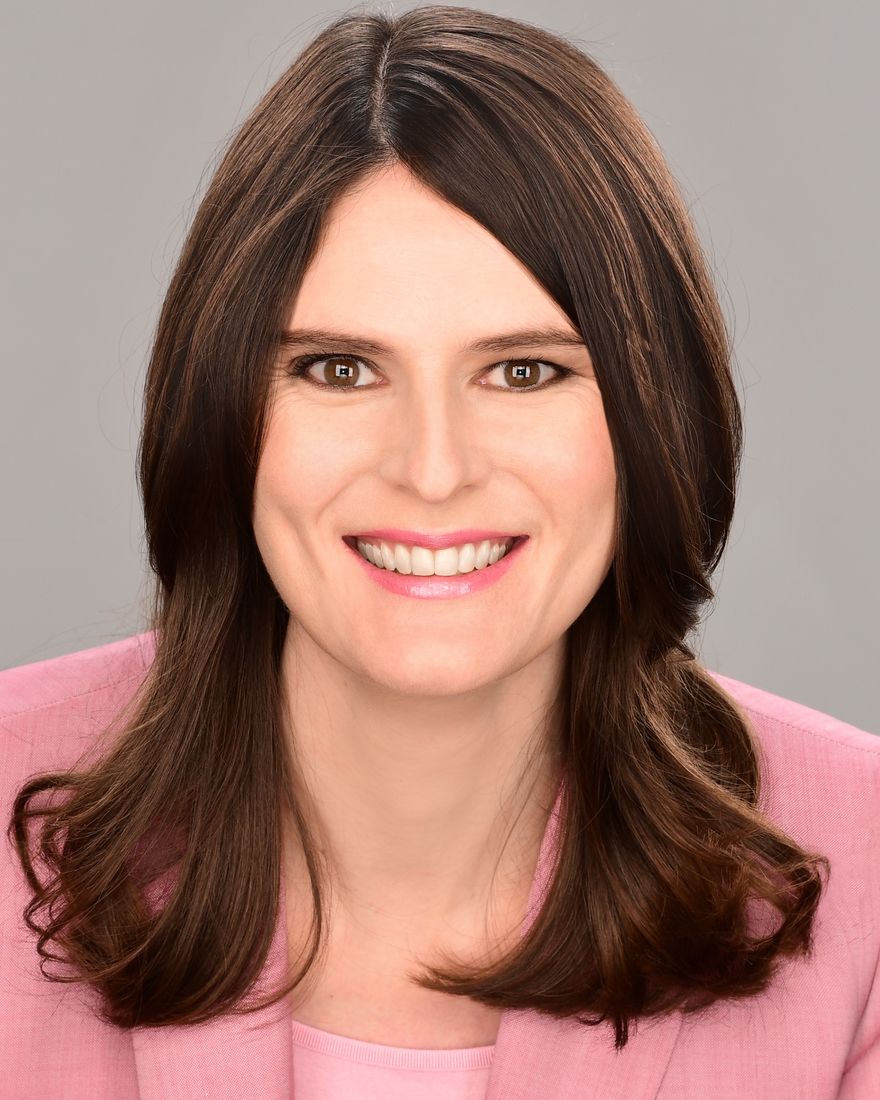
Dr Emily Gregory-Roberts graduated in Medicine from the University of Sydney with honours and completed a Masters degree in the discipline of Clinical Ophthalmology at the University of Sydney. Following this, she trained in Ophthalmology at the Royal Victorian Eye and Ear Hospital in Melbourne. She then completed a clinical glaucoma fellowship at the Oxford Eye Hospital in Oxford, United Kingdom. She also worked as a research fellow in the ophthalmology department at Columbia University in New York and her research has been published in multiple scientific journals. She is affiliated with the University of Sydney as a Clinical Lecturer in the Sydney Medical School, and she sits on the Therapeutics committee of the Royal Australian and New Zealand College of Ophthalmologists (RANZCO).
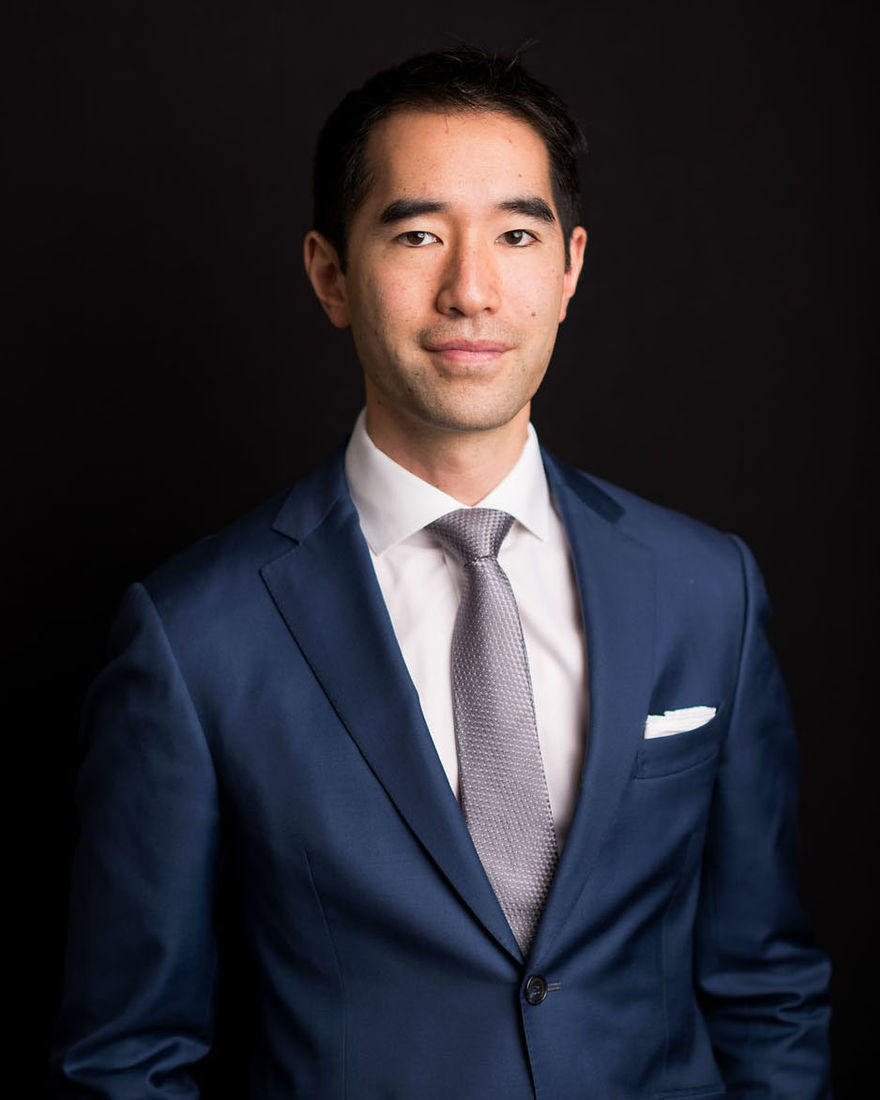
Professor Adrian Fung is Head of the Westmead Hospital Vitreoretinal Unit and a specialist in vitreoretinal surgery, medical retina diseases and posterior segment tumours of the eye. He is a Clinical Professor at Macquarie University Hospital and Clinical Associate Professor at the University of Sydney. He has Masters degrees in Ophthalmic Science and Clinical Epidemiology from the University of Sydney and completed four clinical and research fellowships in the United States and Canada.
Professor Fung has published over 125 international peer-reviewed journal articles and 7 book or book chapters, including “Westmead Eye Manual” (www.westmeadeye.com) and “Vitreoretinal Surgery Online” (www.vrsurgeryonline.com). He is a Principal Investigator of the Bionic Eye Project, Golden Geographic Atrophy and Velodrome Port Delivery System trials. He was the first surgeon in the world outside of the USA to implant the Port Delivery System and perform a refill-exchange injection. He is Editor for Retinal Cases and Brief Reports and Medical Retina Section Editor for Clinical and Experimental Ophthalmology. He has been invited to speak and teach at over 100 national and international meetings in Australasia, North America and Europe. He was awarded the RANZCO Teacher of Excellence Award in 2019. He is amongst the first retinal surgeons in Australia to be admitted to the Macula and Retina Societies in the USA and received the Macula Society Travel Grant Award in 2020.
Professor Fung is an APVRS Councillor and immediate past-Chair of the RANZCO Clinical Standards Committee. He sits on the RANZCO Scientific Congress, RANZCO NSW Branch ASM, Sydney Eye Hospital Alumni, ORIA, RANZCO Clinical Standards, ANZSRS Surgical Registry, Fight Tumour Blindness and APVRS Young Ophthalmologists committees. He is a member of RANZCO, ASO, ANZSRS, AAO, ASRS, ARVO, Euretina, Macula Society, Retina Society, APOIS, Vit-Buckle Society, Lifeline Express International Academy, ISOO, IRGIII, IntRIS, APAO and APVRS. He is an APVRS Leadership Development Program Mentor and a RANZCO RACE Examiner.
https://www.sydney.edu.au/medicine-health/about/our-people/academic-staff/adrian-fung.html